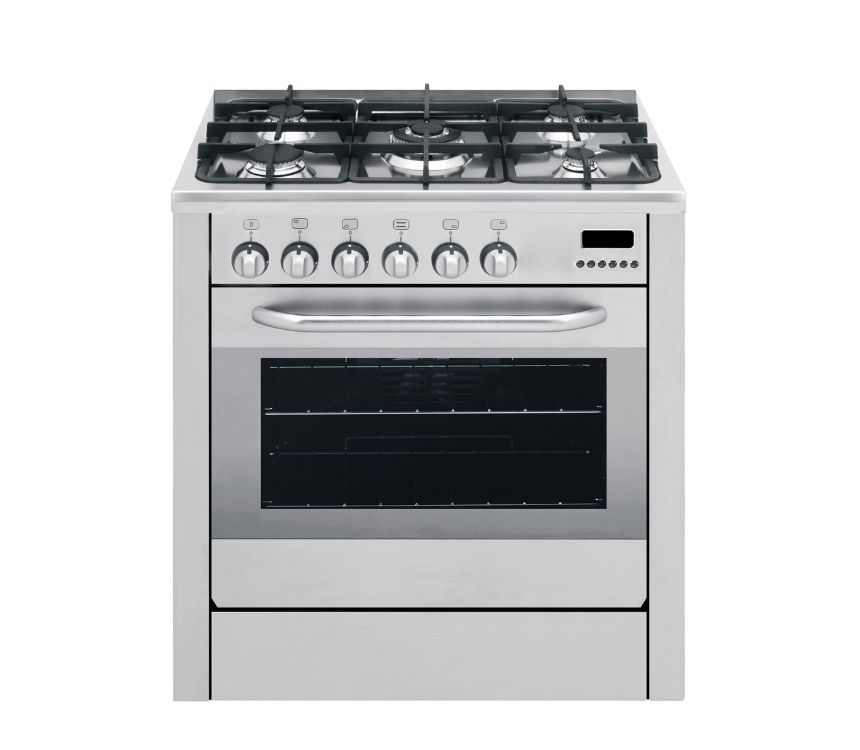When it comes to renting a property in the UK, gas safety is a crucial aspect for both landlords and tenants. Ensuring that gas appliances are safe to use is not just a matter of convenience; it’s a legal requirement. However, the question often arises: Do housing tenants need a gas safety certificate for their own appliances? The answer is a bit nuanced, so let’s explore what the law says and what responsibilities both landlords and tenants hold.
Understanding Gas Safety Regulations in the UK
The UK’s gas safety regulations, particularly the Gas Safety (Installation and Use) Regulations 1998, are in place to protect tenants from potential hazards associated with gas appliances. These regulations require landlords to maintain gas appliances, fittings, and flues in a safe condition. But what happens when tenants bring their own gas appliances into the rental property? Let’s break down who is responsible for what.
Get The Gas Safety Certificate Now
Ensure your safety—book a Gas Safe engineer today to inspect your appliances!

Landlord Responsibilities: A Legal Requirement
Landlords have a legal obligation to ensure that all gas appliances they provide in a rental property are safe for tenants. This includes annual inspections and a Gas Safety Certificate (CP12) issued by a Gas Safe registered engineer. The certificate confirms that the appliances, such as boilers, cookers, and heaters, meet safety standards.
However, it’s important to note that the landlord’s responsibility only covers the gas appliances they have supplied. The certificate issued will only reflect the condition of the appliances and installations provided by the landlord.
What About Tenant-Owned Appliances?
Tenants are allowed to bring their own gas appliances, such as portable heaters or cookers, into a rented property. But, in this scenario, the responsibility for maintaining these appliances and ensuring they are safe to use falls on the tenant. Unlike the appliances provided by the landlord, tenant-owned gas appliances are not covered under the landlord’s gas safety certificate.
So, do tenants need a gas safety certificate for their own appliances? Technically, they are not legally required to obtain one. However, tenants must ensure that any gas appliance they bring into the property is safe to use. Here’s how tenants can manage this:
- Have the Appliance Checked by a Gas Safe Engineer Although not legally required, tenants are strongly advised to have their gas appliances checked by a Gas Safe registered engineer. This ensures the appliance is installed correctly and operates safely, reducing the risk of gas leaks, carbon monoxide poisoning, or fire hazards.
- Routine Maintenance and Servicing Tenants should regularly service their gas appliances, much like a car, to keep them in good working condition. Most manufacturers recommend annual servicing, and a Gas Safe engineer can issue a safety report after inspection, providing peace of mind.
- Report Any Issues Immediately If a tenant notices any issues with their own gas appliances—like unusual noises, gas smells, or difficulties in operation—they should immediately turn off the appliance and seek professional assistance. Early detection of problems can prevent more significant issues and ensure the safety of everyone in the property.
What If a Tenant’s Appliance Affects the Landlord’s Equipment?
Sometimes, tenant-owned appliances can impact the overall gas system in a property. For instance, if a tenant installs a gas cooker that interferes with the boiler or the flue system, it can create a safety hazard. In such cases, the landlord might require the tenant to remove the appliance or have it inspected to ensure it doesn’t compromise the safety of the property.
Landlord’s Right to Inspect
Landlords have the right to inspect the property and the gas installations they are responsible for, but they don’t have the right to inspect tenant-owned appliances unless there’s a clear safety risk. This highlights the importance of tenants taking responsibility for the safety of their own gas equipment. A collaborative approach between landlords and tenants is ideal to maintain a safe living environment.
What About Portable Gas Heaters?
Portable gas heaters are often used by tenants as an additional or temporary heating solution. While they are not covered under the landlord’s gas safety certificate, tenants must exercise caution when using such devices. Here are some tips for using portable gas heaters safely:
- Ensure Proper Ventilation: Gas heaters produce carbon monoxide, so tenants must use them in well-ventilated areas to avoid poisoning risks.
- Use Approved Gas Cylinders: Always use gas cylinders that meet UK safety standards and replace them as recommended by the manufacturer.
- Regular Inspections: Have a Gas Safe engineer inspect the heater periodically to confirm it is safe to use.
In Closing
So, do housing tenants need a gas safety certificate for their own appliances? Legally, no. However, tenants are responsible for the safety of any gas equipment they bring into the property. Ensuring these appliances are regularly checked by a professional can prevent accidents and keep everyone safe.
Ultimately, gas safety is a shared responsibility between landlords and tenants. While landlords must provide a gas safety certificate for the appliances they own, tenants should take proactive steps to maintain their own gas appliances. Working together ensures a secure and comfortable living environment for everyone involved.
Further Reading
UK’s Landlord Gas Safety Responsibilities
Do I Need a Gas Safety Certificate for a Gas Hob?
Gas Safety Certificate Near Me: What You Need to Know
No Gas Safety Certificate Penalty: Understanding the Risks for UK Landlord